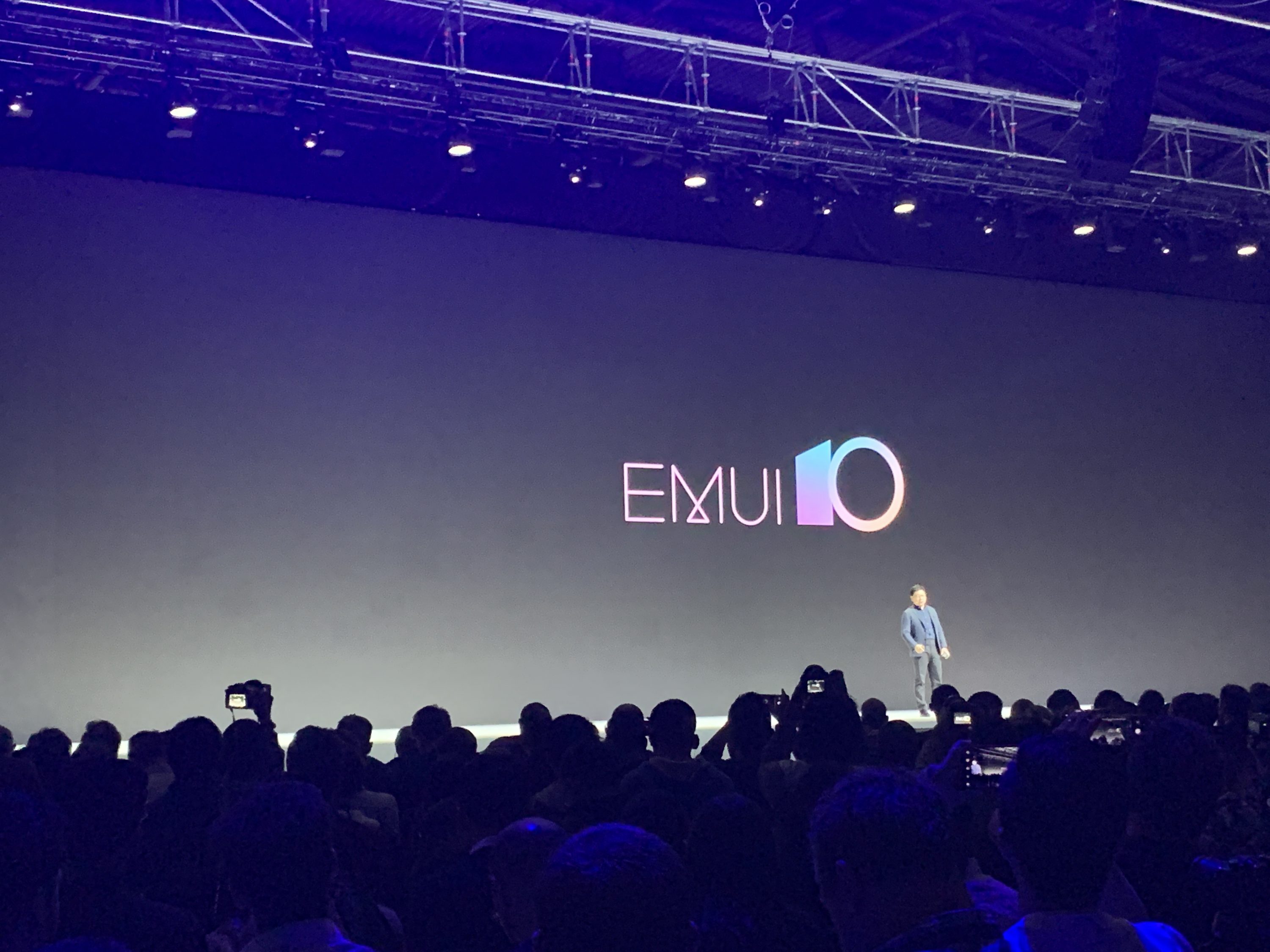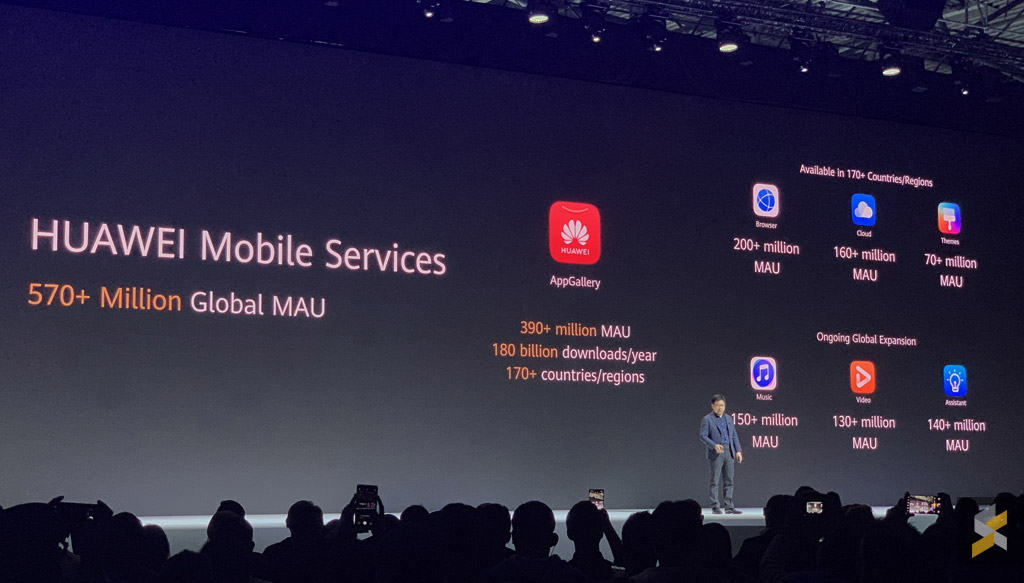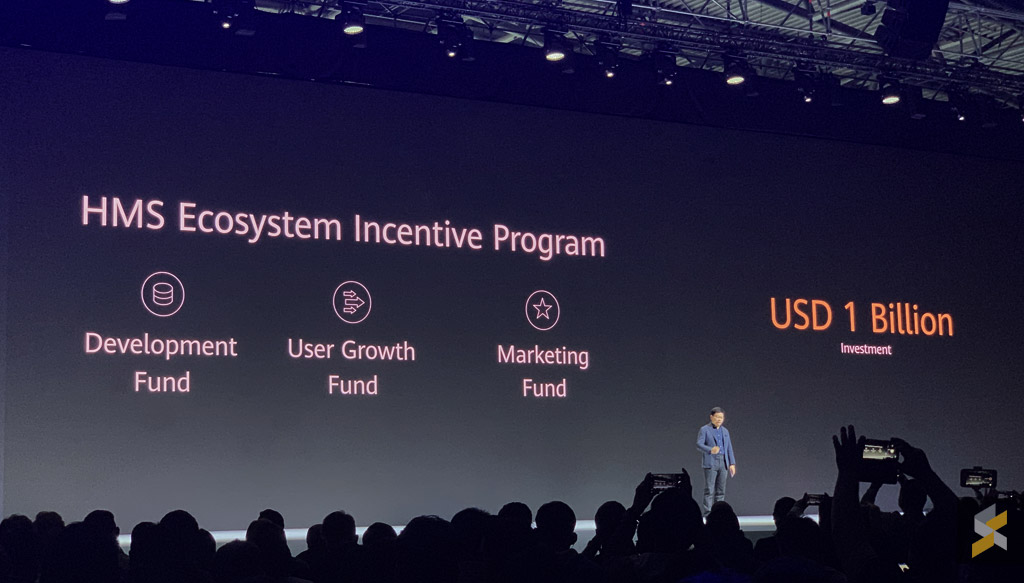At the Huawei Mate 30 launch last week, Huawei’s Consumer Business Group CEO, Richard Yu, answered the biggest questions that are on the mind of many Huawei fans and prospective customers alike. After all the trade drama between the U.S. and China, will the Mate 30 and Mate 30 Pro ship with Android?

The short answer is yes, the Mate 30 and Mate 30 Pro will run on EMUI 10 based the latest version of Android – Android 10. Yu made the announcement on stage as he was showing off all the amazing features of his company’s newest and greatest phones but what’s even more telling is how quick and brief the Android topic was mentioned. In the over one hour plus event, Yu took less than one minute to talk about Android support for the Mate 30 and Mate 30 Pro.
There was no mention if the Mate 30 and Mate 30 Pro will work with Google app and services. There was also no mention of availability which is very unusual for Huawei that typically are eager to go to market as quickly as possible to capture the market as quickly as possible.

However, towards the end of the event, he did talk about Huawei Mobile Services. Because of the US Ban, he said that some phones may not come preinstalled with GMS (Google Mobile Services) core, therefore they are forced to use HMS (Huawei Mobile Services) Core.

To discover and install apps, there’s the AppGallery, which is Huawei’s version of Google PlayStore. To entice more developers to the HMS Ecosystem, Huawei is investing US$ 1 billion for development, user growth and marketing fund.
The big concern here is while the devices may run on Android, without Google apps and services, users might not be able to access popular services like their Google accounts, Gmail, YouTube and Google Maps, just to name a few.
While it is possible to circumvent this shortcoming by sideloading apps or running alternative services entirely, doing so will expose users to a major security risk as it is difficult to determine the whether the sideloaded apps are safe.
So, will the Mate 30 and Mate 30 Pro run on Android? Yes, but will the experience be like what Android users are accustomed to? That is a whole other different matter altogether.








